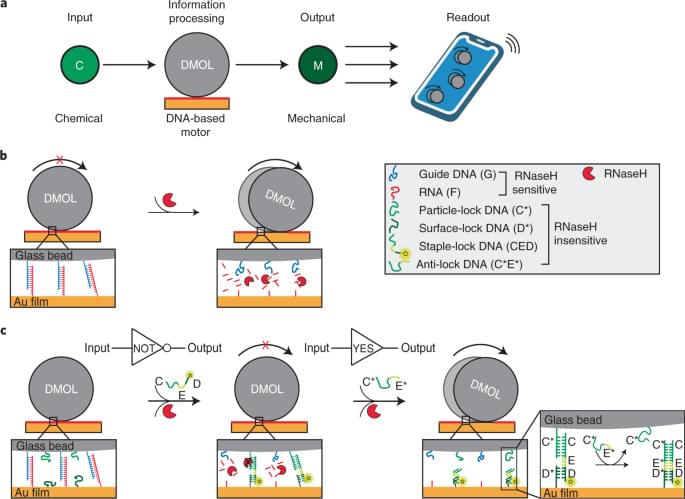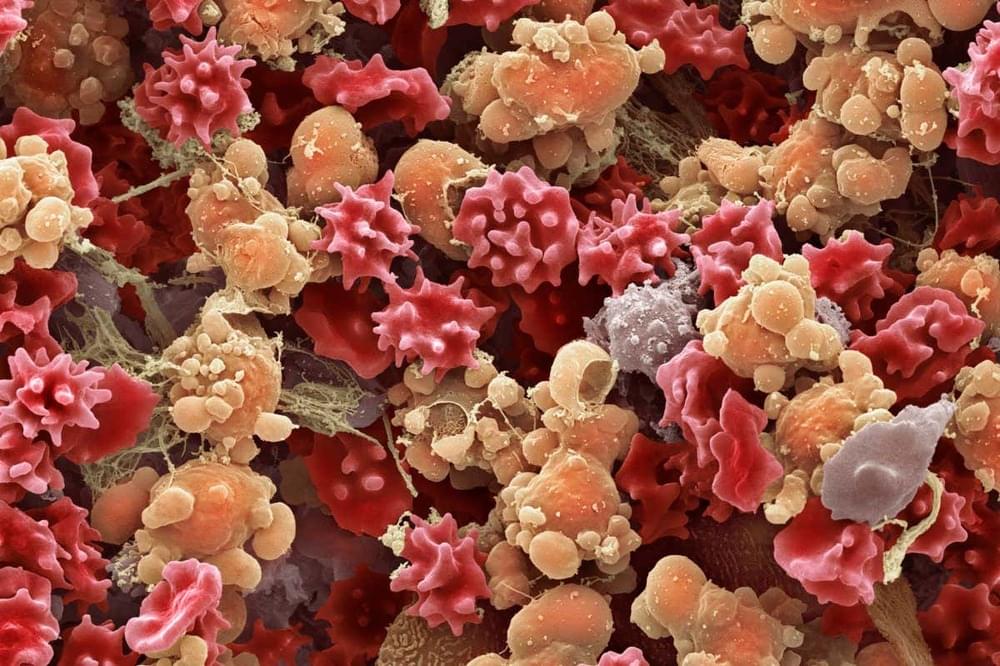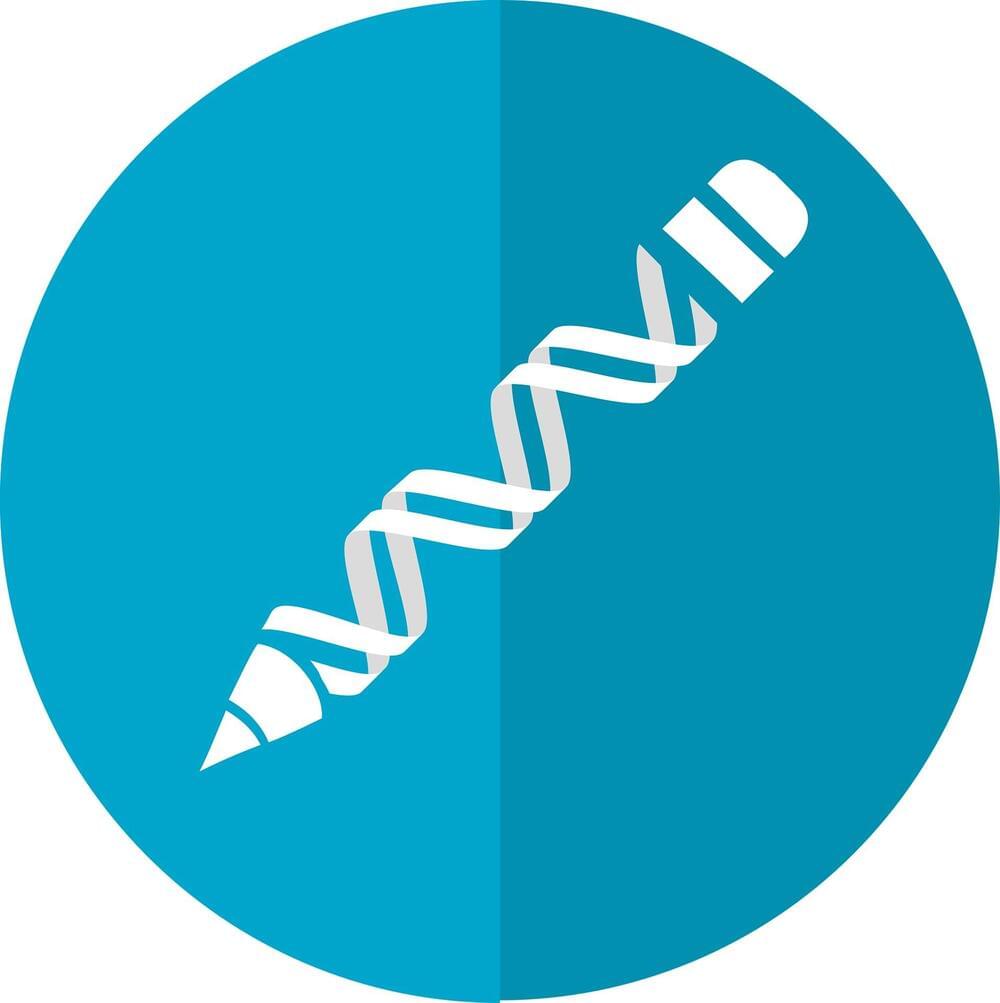There’s still a long way to go, but it’s an important milestone.
Ten years ago, solar and wind didn’t even make up 1% of our global energy mix. Now, in just a decade, they’ve reached 10%. It may not seem like much, but becoming such a significant part of the global energy mix in such a short time is remarkable — though there’s still a long way to go.
The past couple of years have been horrendous in more ways than one, but that doesn’t mean all is bad in the world. In fact, renewable energy continued its impressive growth, according to research from Ember, a climate and energy think tank.
As the world recoiled after the first year of the COVID-19 pandemic, economies were eager to reopen, and demand for energy surged. Some of what growth was covered by coal, which experienced its fastest growth since 1985, but renewables also rose to the challenge.








